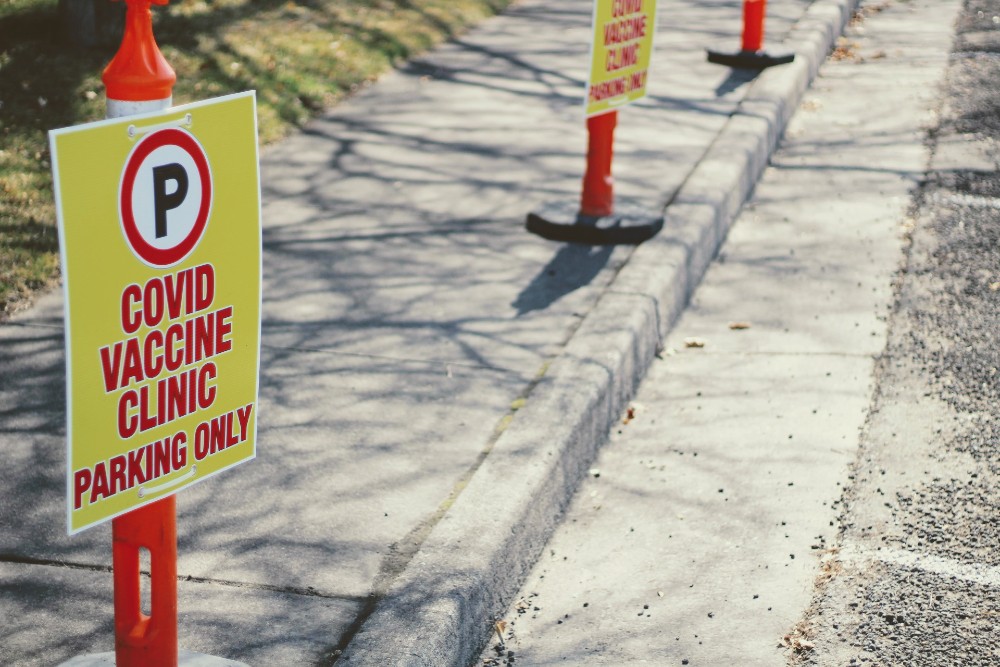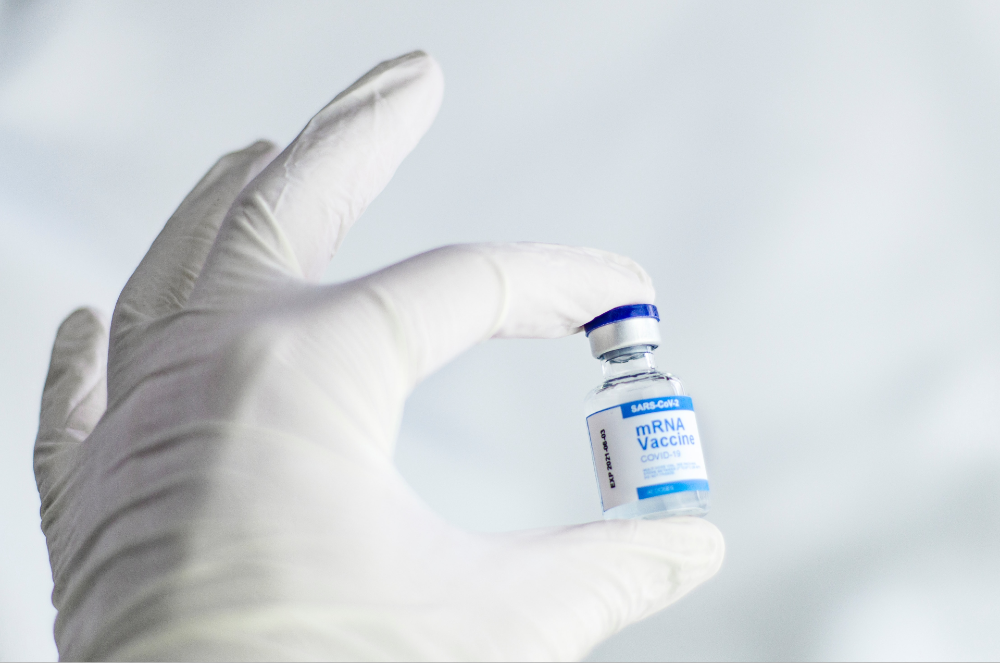SCIENTISTS have claimed that the risk of adverse reactions to the Oxford-AstraZeneca vaccine is low despite new research findings.
A study from Denmark and Norway published by the British Medical Journal (BMJ) has shown slightly increased rates of vein blood clots including clots in the veins of the brain.
Researchers are continuing to stress that the risk of such adverse events is considered low.
The results were compared with with expected rates in the adult general population in receiving the Oxford-AstraZeneca vaccine.
Cases of rare blood clots in people who have recently received their first dose of the Oxford-AstraZeneca Covid-19 vaccine have been reported.

Whether these cases represent excess events above expected rates in the general population has, however, been debated.
Both the UK and European medicine regulators say the benefits of the Oxford-AstraZeneca vaccine still outweigh the risks.
Denmark and Norway have suspended the use of the vaccine and several other countries have opted to suspend its use in certain age groups.
Researchers in Denmark and Norway compared nationwide rates of blood clots after vaccination with the Oxford-AstraZeneca vaccine with those in the general populations of the two countries.
Their findings are based on 280,000 people aged 18-65 who received a first dose of the Oxford-AstraZeneca Covid-19 vaccine in Denmark and Norway from February 2021 through to 11 March 2021.
Using national health records, they identified rates of events within 28 days of receiving a first vaccine dose and compared these with expected rates in the general populations of Denmark and Norway.

In the main analysis, the researchers found 59 blood clots in the veins compared with 30 expected, corresponding to 11 excess events per 100,000 vaccinations.
This included a higher than expected rate of blood clots in the veins of the brain there were 2.5 events per 100,000 vaccinations.
However, they found no increase in the rate of arterial clots, such as heart attacks or strokes.
For most remaining outcomes, results were largely reassuring, with slightly higher rates of less severe events such as thrombocytopenia which is a condition related to low blood platelet levels.
There were also slightly higher rates for clotting disorders and bleeding, which they say could be influenced by increased surveillance of vaccine recipients.
The researchers point to some limitations of the study, such as a lack of data on underlying risk factors for clotting and the possibility that their results may not apply to other ethnicities.
However, strengths include the large population-based approach, using reliable national registry data, and near-complete follow-up of participants.
They conclude that “the absolute risks of venous thromboembolic events described in this study are small, and the findings should be interpreted in the context of the benefits of Covid-19 vaccination at both the societal and the individual level.”

In a linked editorial, BMJ editors Rafael Perera and John Fletcher point out that Covid-19 is itself associated with cerebral venous thrombosis and say vaccination remains overwhelmingly the safest option.
The researchers say: “The choice we nearly all face is between eventual SARS CoV2 infection or vaccination.
“The Astra-Zeneca vaccine is clearly a good choice, despite the likely risks reported in this study.
“Quantifying the comparative risk associated with other vaccines is now a research (and public health) priority.”
In a linked opinion, Professor Paul Hunter at the University of East Anglia, says this study improves our understanding of the population risk of thrombotic events after the Oxford-AstraZeneca vaccine.
Professor Paul Hunter says: “Those countries that delayed their own vaccination programmes at a time of high transmission rates by declining to use available Oxford-AstraZeneca vaccines should know that their decision will have contributed to an increase in the number of avoidable deaths from Covid-19.”

